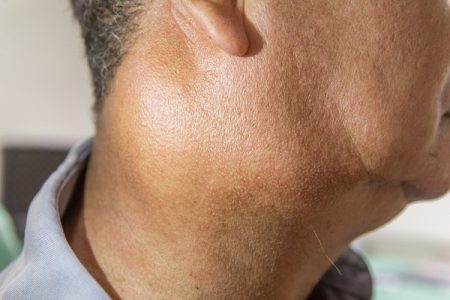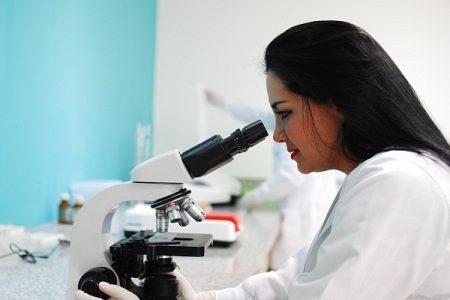Browsing: Salivary Gland Cancer
Comprehensive Information, Resources, and Support on Salivary Gland Cancer
Cancer treatments can cause several changes to your body. There are some side effects of each type of cancer treatment, which different people experience differently. As you prepare yourself for cancer treatment, you may benefit from these coping strategies.
What You Should Know About Chemotherapy for Cancer
Chemotherapy is a widely used treatment for cancer. The term ‘chemotherapy’ refers to the drugs that prevent cancer cells from dividing and growing. It works by killing the cells that divide in an uncontrolled way.
Most salivary gland cancers are benign and do not spread to other body parts, but some salivary gland cancers become cancerous and spread to other body parts and can be lethal. Salivary gland cancer involves different types of surgery, including neck dissection, parotidectomy, submandibular or sublingual gland excision, etc. All these surgeries are performed carefully to avoid any serious damage to the nearby organs.
Chemotherapy is a type of therapy or a treatment for cancer that uses drugs to kill cancer cells. It works by stopping or slowing the growth of tumour cells, which grow and divide very quickly. Chemotherapy sometimes can also be given before radiotherapy to shrink the tumour and to make the radiotherapy more effective. The complications of chemotherapy usually depend on the type and dose of drugs and how it is administered.
Salivary gland tumors begin in the salivary glands. These salivary glands are found in neck, mouth or throat regions. When malignant cancer cells develop in the form of tissues on salivary glands, it marks the beginning of salivary gland cancer. It used to be a rare cancer earlier, but si now becoming more common.
Salivary gland cancer Salivary gland cancers account for 2–4% of all head and neck malignity. The diversity of subtypes and…
The rate of technological advancement is increasing very rapidly with time which has led cell biologists to develop tissue samples…










